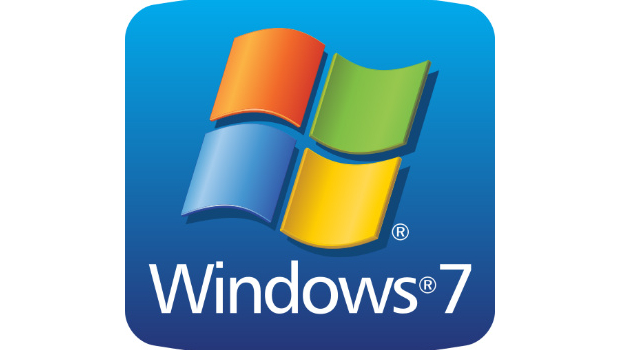
Microsoft signals end of updates to Windows 7’s free AV software, Security Essentials
Microsoft will not provide new malware signatures for its home-grown Security Essentials software after it retires Windows 7 in five weeks.
“No, your Windows 7 computer is not protected by MSE ((Microsoft Security Essentials) after January 14, 2020,” the company said in a support document mainly concerned about the Extended Security Updates (ESU) being shilled to enterprises. “MSE is unique to Windows 7 and follows the same lifecycle dates for support.”
Security Essentials, a free antivirus (AV) program that launched in 2008, was originally limited to consumers. However, in 2010, Microsoft expanded the licensing to small businesses, defined as those with 10 or fewer PCs. Two years after that, MSE was replaced by Windows Defender with the launch of Windows 8.
Since then, Defender has been baked into each follow-up version of the OS, including Windows 10. Windows 7, though, has been stuck with MSE.
Computerworld previously speculated that Microsoft would provide updates to MSE even after Windows 7’s retirement, slated for 14 January. The forecast was based on Microsoft’s behaviour five years ago, when it kept cranking out malware signature updates for Windows XP users of MSE in the months after that operating system’s April 2014 retirement.
What Computerworld neglected to consider, of course, was that in 2014 MSE still had a large pool of users or potential users, those running Windows 7. Because Microsoft was still required to produce MSE signature updates for Windows 7, there was no, or little extra work needed to push the same updates to XP. That’s not the case now; Windows 7 is the end of the line for MSE.
Without question, it would be in Microsoft’s interest to continue updating MSE on Windows 7 after 1 January; unprotected systems threaten the Windows ecosystem as a whole, because exploitation of, say, one Windows 7 PC could lead to the compromise of several other devices on the same network, such as one connecting the machines of a small business. But Microsoft has presumably weighed that against its desire to induce customers to upgrade to Windows 10 and found for the latter.
IDG News Service




Subscribers 0
Fans 0
Followers 0
Followers